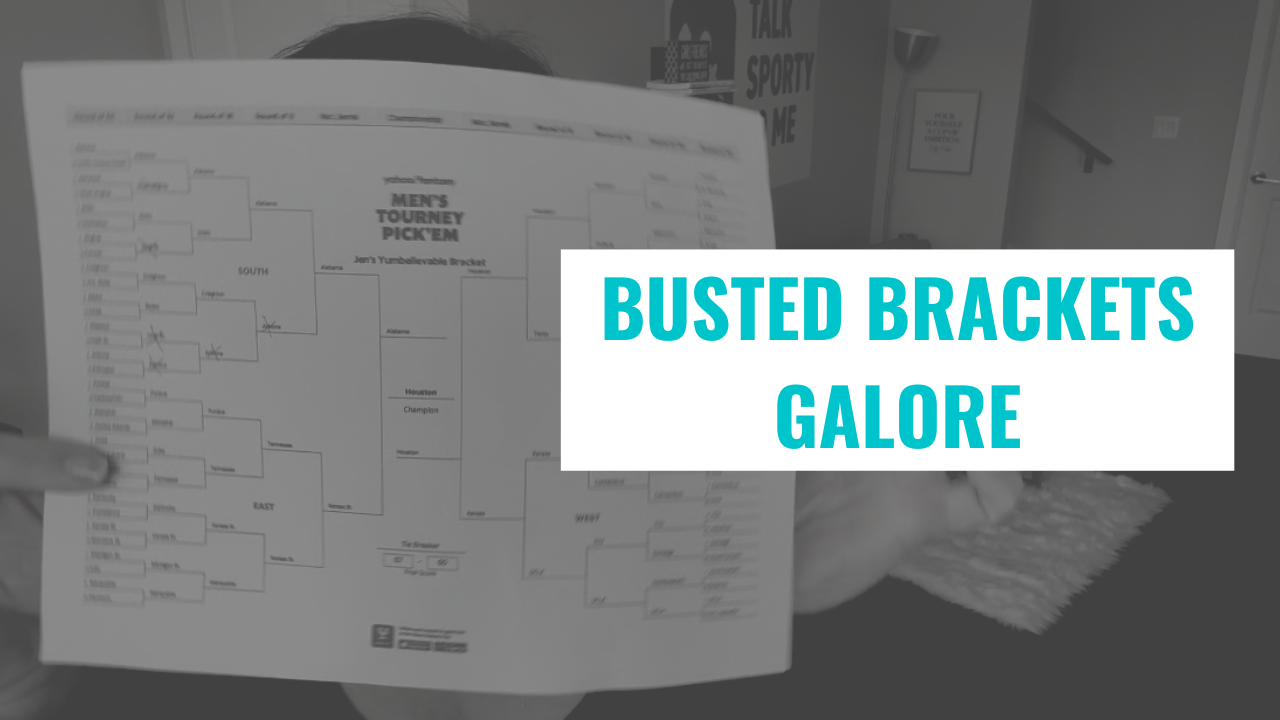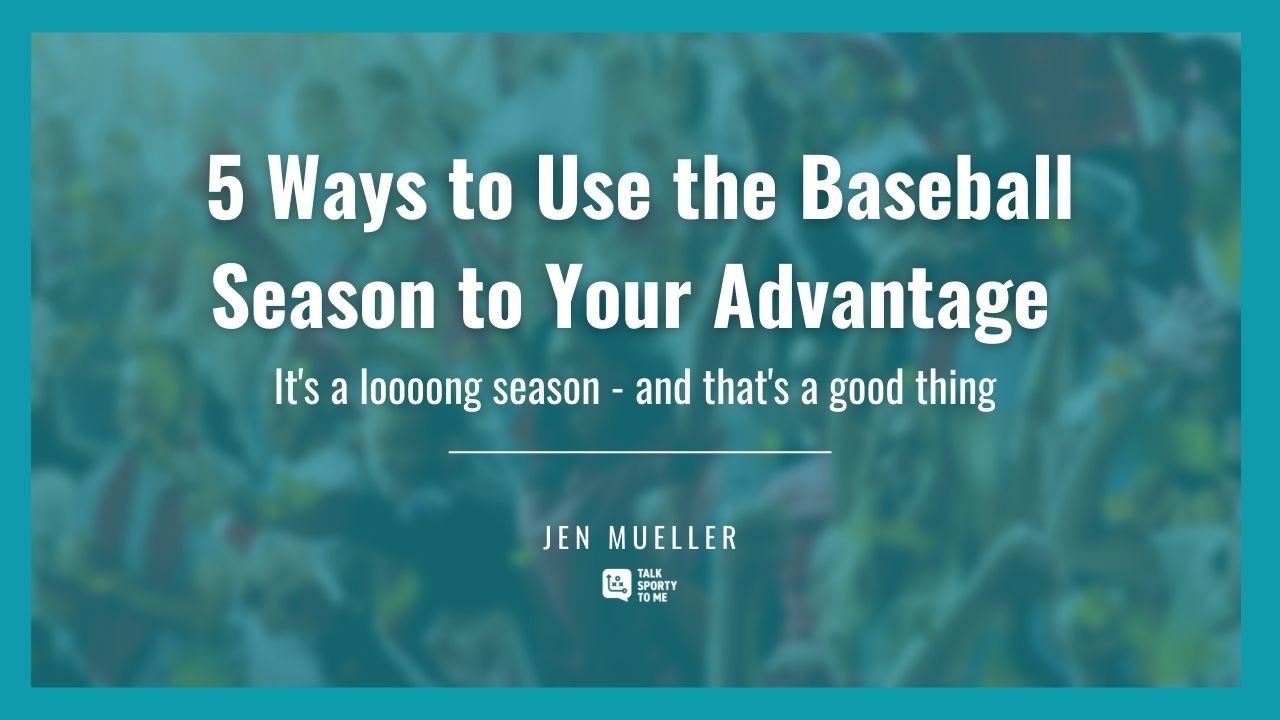If you, like Julie Andrews, believe the beginning is the very best place to start then this is the very best time to become a football fan or at the v...
It will go down as one of the wildest weekends in Men's NCAA Tournament history.
For the second time ever a No. 16 seed upset a No. 1 seed (which bu...
This post was originally written as a guest blog for Alumna House, a company redefining women's game day apparel. The baseball box score and game were...
I understand the reaction. I know it can seem annoying. Fans (and I know you don’t want to call them that) who only become fans after a team gets good...
“What’s your favorite season?”
Today I’m borrowing a little inspiration from a scene in Schitt’s Creek.
Of course, Moira Rose answered the question ...
There’s no one way to be a sports fan. There’s no time requirement you to have to meet to be considered a fan.
If sports seems less important to you ...
If you’re already a baseball fan you know the Major League Baseball season is 162 games. That’s just the regular season. It doesn’t count Spring Train...
It’s interesting the assumptions we make about sports fans. From what we think a sports fan looks like to how they should sound in a conversation. To ...
Sports brings communities together in ways other interests can't. That's the real value of sports conversations and sports small talk.
Sports allows...
Sports is always my go-to conversation starter. Even if I don’t know if I’m talking to a sports fan. I know that uncertainty can make some fans uncomf...
I’m a firm believer in preparing for little conversations like small talk because a.) I want my interactions to be productive b.) I don’t want them to...
A sporting event is just that – an event. There’s always more going on than the game itself and that introduces additional conversation topics outside...













